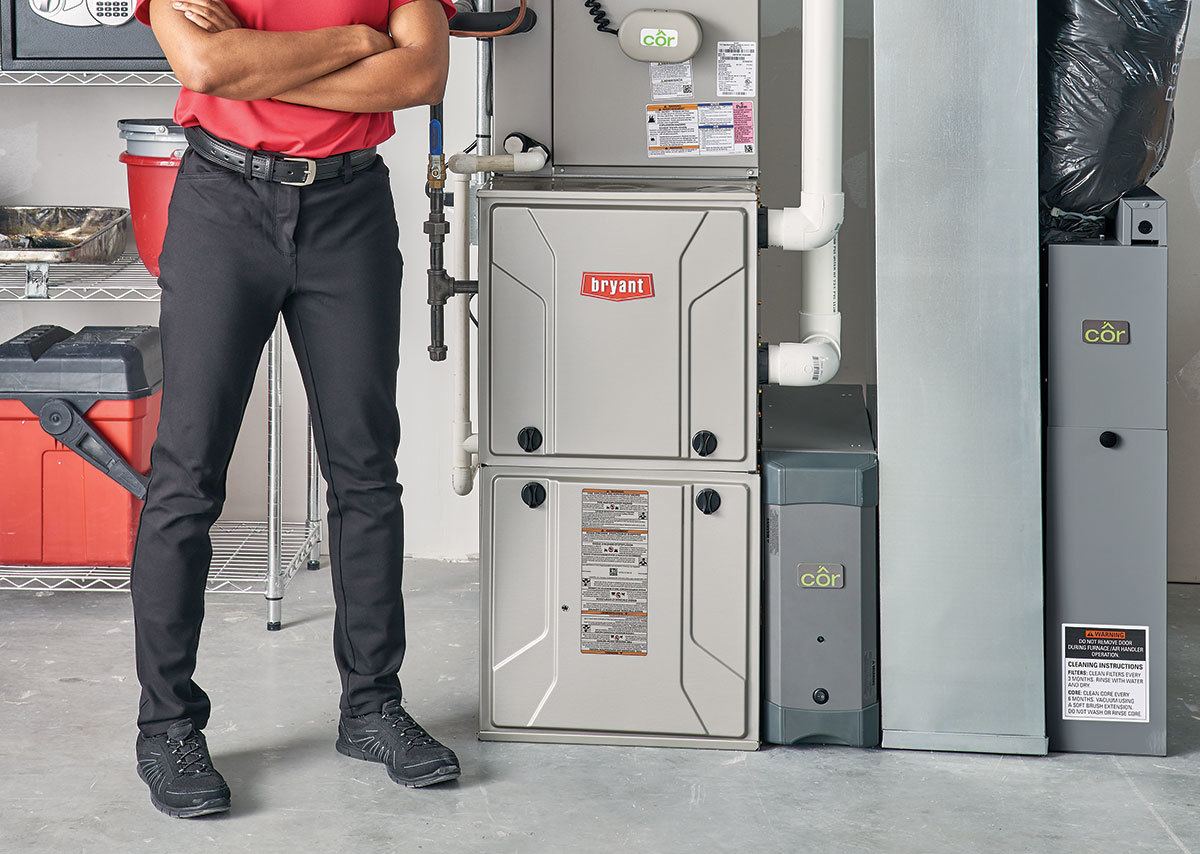Is It an Emergency if Your Heating Stops Working? Knowing the Signs
Introduction
As the chilly winds of winter set in, a functioning heating system is not just a luxury but a necessity. The comfort and safety of your home hinge on the consistent performance of your furnace or heating unit. But what happens when that crucial system suddenly stops working? Is it an emergency, or can it wait until morning? In this comprehensive guide, we will explore the signs that indicate whether your heating system failure constitutes an emergency. We'll also delve into practical solutions, including how to find emergency HVAC repair near me, and tips for ensuring your heating remains operational throughout the cold months.
Is It an Emergency if Your Heating Stops Working? Knowing the Signs
When faced with a malfunctioning heating system, many homeowners may feel panic set in. Understanding when to call for help can save you time, money, and stress. If your heating system has stopped working altogether, ask yourself these vital questions:
- Is there no heat at all?
- Are there unusual noises coming from the unit?
- Is there any visible damage?
If you answered "yes" to any of these questions, you might be facing an emergency situation requiring immediate attention.
Signs You Need Emergency Furnace Repair
- When your home’s temperature drops significantly because there is no heat being produced, it's time to act fast. Prolonged exposure to cold temperatures can lead to health risks.
- Strange sounds such as banging, clanging, or hissing can indicate serious issues within your heating system. Ignoring these sounds might lead to more extensive damage over time.
- A burning smell emanating from your furnace could indicate overheating components or even electrical issues. This is a serious sign that requires immediate professional assistance.
- If you see flames or smoke coming from your heater, evacuate immediately and call emergency services. This is undoubtedly an emergency situation.
- A triggered CO alarm usually signals a dangerous issue with your furnace that needs urgent attention to prevent poisoning.
- If your thermostat isn’t responding properly and the home remains too cold despite adjustments, this could indicate a malfunctioning system needing prompt repair.
Assessing Your Situation: DIY vs Professional Help
Before making the call for emergency heating repair near me, consider the following:
-
Are you comfortable troubleshooting minor issues?
Basic checks like thermostat settings or power supply may help before engaging professionals. -
Do you smell gas?
If so, leave immediately and contact local authorities as well as HVAC technicians for help. -
Is it extremely cold outside?
In dangerously low temperatures, prompt action is essential for safety reasons.
Finding 24 Hour Furnace Repair Services
When faced with a heating crisis after hours, knowing how to locate reliable service providers is crucial:
Understanding Emergency HVAC Service Options
The need for emergency HVAC near me can arise unexpectedly; hence understanding available options can ease stress:
- Most companies provide 24-hour services but ensure their response times are acceptable during emergencies.
- Look for technicians who are licensed and insured—this guarantees professional service.
Cost Considerations for Emergency Repairs
Emergency repairs often come with higher costs due to their urgency and extended hours of service:
- Average costs range from $150-$500 depending on severity.
- Confirm any diagnostic fees upfront before engaging services.
Preventative Measures: Keeping Your Heating System Reliable
To avoid emergencies in the future:
FAQs
1. What should I do first if my heating stops working?
First, check if power is reaching your heater; then inspect the thermostat settings before calling professionals if needed.
2. How do I know if I need emergency heating repair?
Look for signs like strange noises from the unit, lack of heat production, or triggered carbon monoxide alarms—these suggest emergencies.
3. Are all HVAC companies available 24/7?
Not all companies operate around-the-clock; it's best to verify their availability beforehand by checking their website or calling them directly.

4. What will happen if I ignore these signs?
Ignoring problems can worsen systems leading to more costly repairs down the line—and potentially impact your safety due to hazards like carbon monoxide leaks or fires.
5. Can I perform any repairs myself?
While minor troubleshooting tasks are manageable (like changing filters), most repairs should be left to trained professionals due to safety concerns associated with high-voltage equipment and gas lines.
6. How much do emergency HVAC services typically cost?
Costs vary widely based on location and specific issues but expect anywhere between $150-$500 for urgent repairs outside regular business hours.
Conclusion
Knowing whether it's an emergency when your heating stops working can save both time and resources while keeping you safe during frigid weather conditions! Recognizing key warning signs enables timely responses that prevent further complications down the line—from hazardous situations involving gas leaks or fire risks through simple inconveniences like air conditioning services near me unbearable indoor temperatures!
Next time you find yourself asking is it an emergency if my heating stops working, remember this guide! Stay warm and safe this winter season by taking proactive measures towards maintenance while understanding when professional help is necessary!